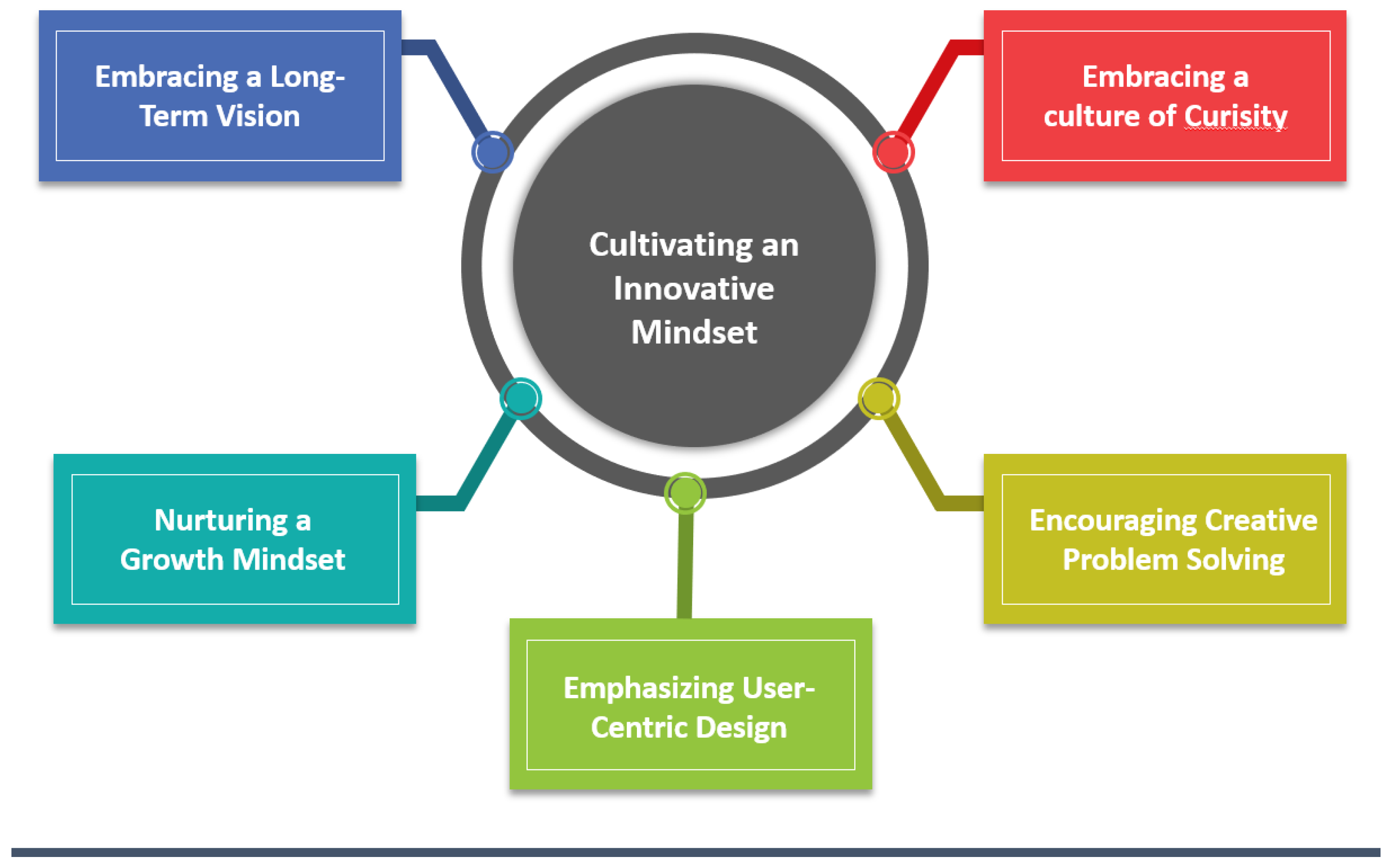The most interesting thing in tech: A district court judge in CA hands down a ruling
A district court judge in CA recently made a significant ruling in the ongoing battle between AI companies and content creators over copyright issues. The ruling involved Anthropic, a company that was found to have used pirated books to train its models, resulting in a decision that they must pay damages. However, the judge also acknowledged that Anthropic had a valid argument for "fair use," as their work was transformative and did not create a competitive product to the original books. This ruling sets an important precedent in the tech industry.
Legal Implications
The judge's decision highlights the complex legal issues surrounding AI technology and copyright law. While Anthropic's use of pirated books was deemed unlawful, the broader question of fair use in machine learning remains ambiguous. The ruling does not provide a clear roadmap for how other judges may rule on similar cases in the future, leaving room for further interpretation and debate.
AI and Fair Use
One key aspect of the ruling was whether Anthropic's training methods constituted fair use under copyright law. The judge's assertion that the company's work was transformative raises important questions about the role of AI in creative processes. While AI can generate outputs that mimic creative works, the lack of human intent or interpretation raises doubts about the true transformative nature of these outputs.

Responsibility in AI Development
As AI technology continues to advance, it is crucial for companies to consider the ethical implications of their practices. The ruling underscores the importance of responsible AI development and the need to respect intellectual property rights. Moving forward, companies must establish fair processes for compensating content creators and ensure that their AI models are trained ethically and legally.
Conclusion
The court's ruling in the case of Anthropic provides valuable insights into the intersection of AI technology and copyright law. While the decision acknowledges the transformative potential of AI, it also highlights the challenges in defining fair use in machine learning contexts. As the tech industry continues to evolve, it is essential for stakeholders to navigate these legal complexities with caution and consideration for all parties involved.



















